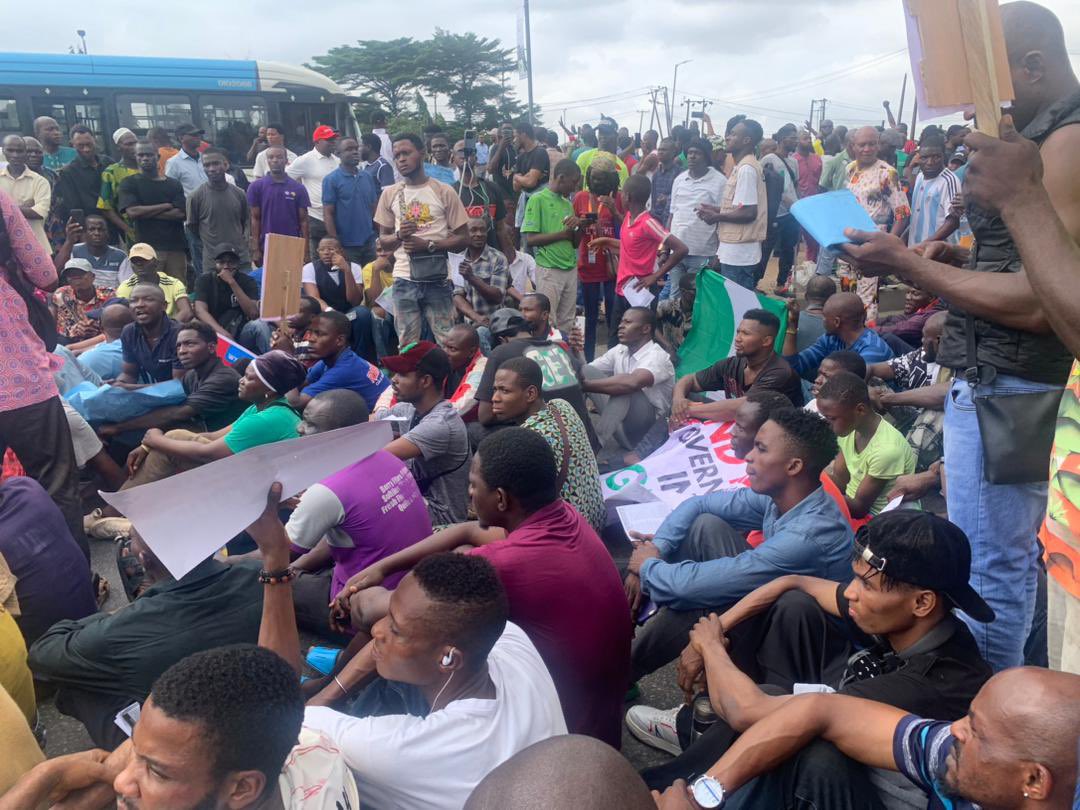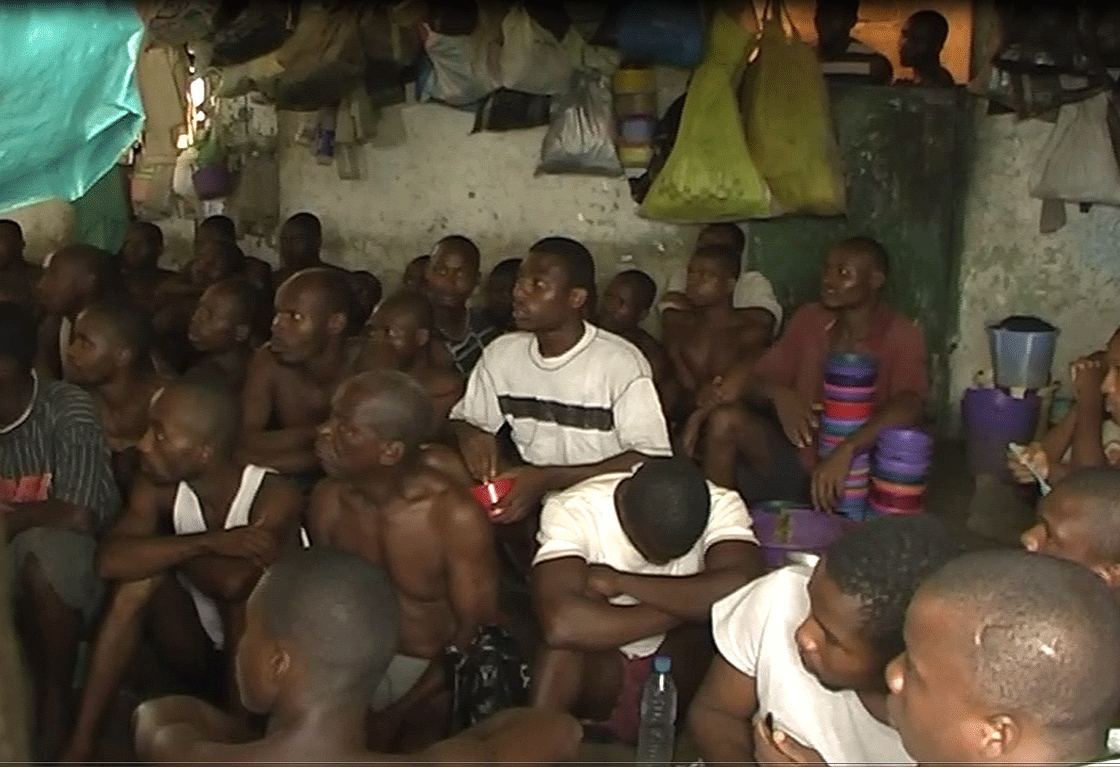ABUJA, Nigeria – The Socio-Economic Rights and Accountability Project, SERAP, has issued a 48-hour ultimatum to President Bola Tinubu, calling for the release of detained #EndBadGovernance protesters, including 32 children alleged to be malnourished and in deteriorating health.
In an open letter dated Saturday, November 2, 2024, a copy which was emailed to The Trent, SERAP urged the president to instruct the Attorney General, Lateef Fagbemi, SAN, to take immediate action to release the protesters, who were reportedly detained for exercising their rights to peaceful assembly and free expression.

Signed by SERAP Deputy Director Kolawole Oluwadare, the letter highlights SERAP’s concern over the welfare of detained children and protesters, urging the government to ensure they receive adequate medical care and access to education.
“Bringing charges against children and detaining them simply for the peaceful exercise of their human rights is clearly not acting in the ‘best interests of the child’,” the letter reads.
SERAP argues that these children, who have been held in detention for three months, should be in school rather than confined.
Call for Accountability and Investigation
SERAP has also called for an investigation into the conditions and treatment of the detained children, urging Tinubu to hold law enforcement officials accountable for alleged human rights violations.
“The detention of the 32 hungry and malnourished children infringes their right to education,” SERAP stated, further asserting that the harsh conditions of detention are incompatible with international standards.
In the letter, which was copied to Dr. Matthew Gillett, Chair-Rapporteur of the UN Working Group on Arbitrary Detention, SERAP warned that continued detention could create a “climate of fear” among Nigerians, discouraging them from exercising their democratic rights.
SERAP underscored that “the right of children to express their views freely in matters affecting them” must be respected, and that the detention of these children contravenes Nigeria’s legal obligations under both domestic and international law.

Concerns Over Conditions in Nigerian Prisons
The letter also sheds light on Nigeria’s prison conditions, citing the Nelson Mandela Rules, which guarantee adequate food, water, and medical care for detainees.
SERAP reported that 76 protesters, including the 32 children, have been in detention since August, following #EndBadGovernance protests across several Nigerian states, including Abuja, Kaduna, Gombe, Jos, Katsina, and Kano.
SERAP noted that four young detainees reportedly collapsed in court due to ill health.
“Your government has the obligation to ensure and uphold the rights of Nigerian children, including the right to life, liberty, education, and development,” SERAP stated, highlighting that the continued detention violates Nigeria’s Child Rights Act and the Convention on the Rights of the Child, both of which require that detention be used only as a measure of last resort.
Ultimatum and Next Steps
SERAP has given President Tinubu 48 hours to act on its requests, warning that failure to comply could prompt legal action.
“We would be grateful if the recommended measures are taken within 48 days of the receipt and/or publication of this letter,” SERAP stated.
“If we have not heard from you by then, SERAP shall consider appropriate legal actions to compel your government to comply with our request in the public interest.”
SERAP also criticised the charges brought against the protesters, which include accusations of treason and incitement to mutiny.
The protests, held in August, called for economic reforms, reduction in governance costs, reinstatement of the petrol subsidy, and food security, in response to widespread economic hardship.
The letter concluded with a reminder of Nigeria’s commitments under the UN Standard Minimum Rules for the Treatment of Prisoners, urging the government to ensure humane conditions for all detained persons, particularly children.







